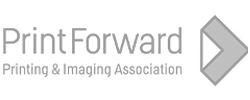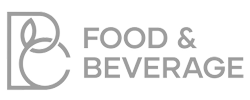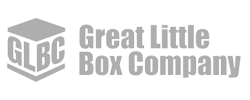Six Sigma Green Belt
Improve efficiency, reduce waste, and increase quality in business$249.00*

CREDENTIAL
Course Certificate

DELIVERY
eLearning (Self-paced)

DURATION
APprox. 34-35 hours

CLASS SIZE
Private Link

PREREQUISITES
English CLB 7
Course Description
Lean Six Sigma is a process management method that improves efficiency, reduces waste, and increases quality in business. Process management uses collaborative team effort and statistical analysis to measure and eliminate the root causes of variability and defects rather than guesswork.
Lean Six Sigma is used by all types of organizations, industries, and services to improve performance, raise employee and customer satisfaction, and increase profits.
The Six Sigma Green Belt is a team leader who works in support of, or under the supervision of, a Six Sigma Black Belt. He or she analyzes and solves quality problems and is involved in quality improvement projects.
Course Outline
Introduction to Six Sigma and the Organization
These modules cover the core principles of Six Sigma, exploring its impact on organizational performance and efficiency. Participants will gain a foundational understanding of Six Sigma’s role in achieving business goals and aligning improvement initiatives with the broader organizational strategy.
Define Phase
The Define Phase introduces techniques for identifying project goals, understanding customer requirements, and defining the scope. Topics include project management basics, the use of essential planning tools like SIPOC diagrams and process mapping, as well as strategies for aligning projects with organizational objectives and building effective project teams.
Measure Phase
In the Measure Phase, participants focus on techniques for process analysis, data collection, and statistical analysis. Core concepts include probability and statistics, data collection methods, probability distributions, and the calculation of process capability. This phase emphasizes accurate data gathering to understand current process performance.
Analyze Phase
This phase dives into exploratory data analysis and hypothesis testing to identify root causes of inefficiencies. Participants learn how to conduct both basic and advanced hypothesis tests, which are essential for verifying process improvements and ensuring that changes will positively impact project outcomes.
Improve and Control Phases
The final phases cover experiment design, Statistical Process Control (SPC), and implementation strategies. Participants explore ways to design and monitor experiments that optimize process variables, develop control plans, and implement changes to sustain improvements. Emphasis is placed on ensuring that improvements become integrated into daily operations, maintaining long-term process quality and control.
*Price quoted are in Canadian funds, per person, per registration, and does not include any applicable taxes. Subject to change without prior notice.
Preparing you for success
The Northwest Skills Institute is an industry focused training organization.
Our programs are geared specifically for industry, making students more qualified and READY FOR WORK.
























